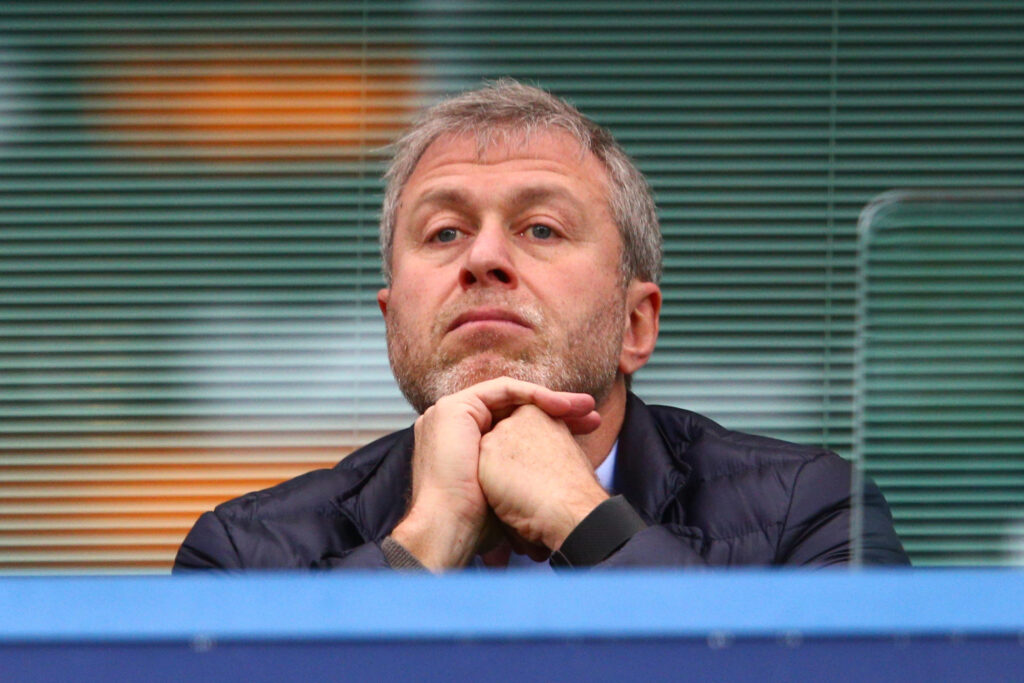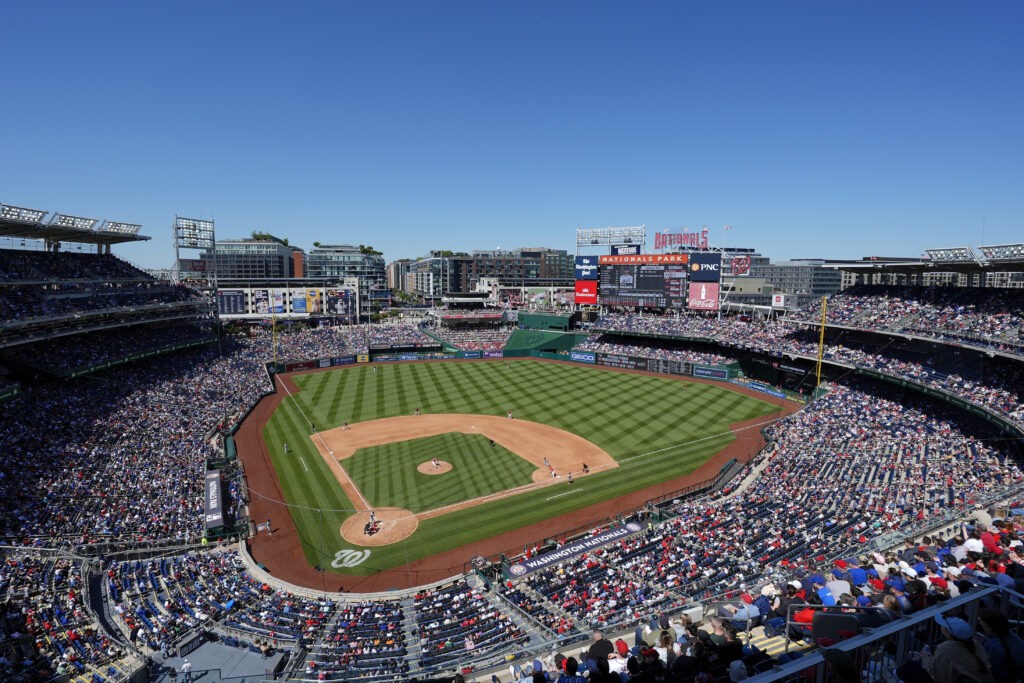Chelsea owner Roman Abramovich was sanctioned by the U.K. government for his ties to Russian President Vladimir Putin on Thursday, having his assets frozen, which include Chelsea’s men’s and women’s soccer teams.
“There can be no safe havens for those who have supported Putin’s vicious assault on Ukraine,” U.K. Prime Minister Boris Johnson said after targeting seven Russian oligarchs.
In addition to Abramovich, Igor Sechin, Oleg Deripaska, Dimitri Lebedev, Alexei Miller, Andrei Kostin and Nikolai Tokarev have been sanctioned.
A statement of reasons was also issued by the U.K. government, describing Abramovich as a “prominent Russian businessman and pro-Kremlin oligarch.”
“Abramovich is associated with a person who is or has been involved in destabilizing Ukraine and undermining and threatening the territorial integrity, sovereignty and independence of Ukraine, namely Vladimir Putin, with whom Abramovich has had a close relationship for decades,” it read. “This association has included obtaining a financial benefit or other material benefit from Putin and the Government of Russia.”
Abramovich has consistently denied involvement in the Putin regime.
The 55-year-old has been trying to sell the club at a valuation of 3 billion pounds (approx. $3.9 billion USD). Thursday’s announcement puts those plans on hold. According to ESPN, Abramovich has received multiple offers for the club – including from Los Angeles Dodgers part-owner Todd Boehly, who previously was linked to the sale of the NWSL’s Washington Spirit.
While a sale cannot go ahead, according to ESPN, the U.K. government could consider an application for a license that would allow a sale. Abramovich would not benefit from the sale while he is subject to sanctions.
The club’s day-to-day operations have also been affected, although Britain’s minister for sport, Nadine Dorries, wrote on Twitter that a special license has been issued by the government that allows the club to continue to play matches, pay staff and allow season-ticket holders to attend matches. The license expires on May 31.
“I know this brings some uncertainty, but the government will work with the league & clubs to keep football being played while ensuring sanctions hit those intended,” she wrote. “Football clubs are cultural assets and the bedrock of our communities. We’re committed to protecting them.”
Outside of existing contracts, including broadcast money and season-ticket holders, Chelsea is not allowed to generate extra income. This means that tickets cannot be sold to future matches and the club shop will close down. New contracts for existing players cannot be agreed upon while new transactions for the summer cannot be agreed upon. Payment arrangements for deals relating to loans or transfers can continue.
Additionally, Chelsea cannot pay more than 500,000 pounds (approx. $656,000 USD) to put on a home match while travel costs to and from away matches are capped at 20,000 pounds per game (approx. $26,000 USD). According to ESPN, the typical cost of a European away game is around 30,000 pounds (approx. $39,000 USD) meaning that the club will potentially have to cut costs on travel, either by flying commercial or taking a bus.
Chelsea F.C. women currently sit atop group B in the FA WSL Cup standings. They have an upcoming Women’s Super League match against West Ham United before taking on Aston Villa on Sunday.









